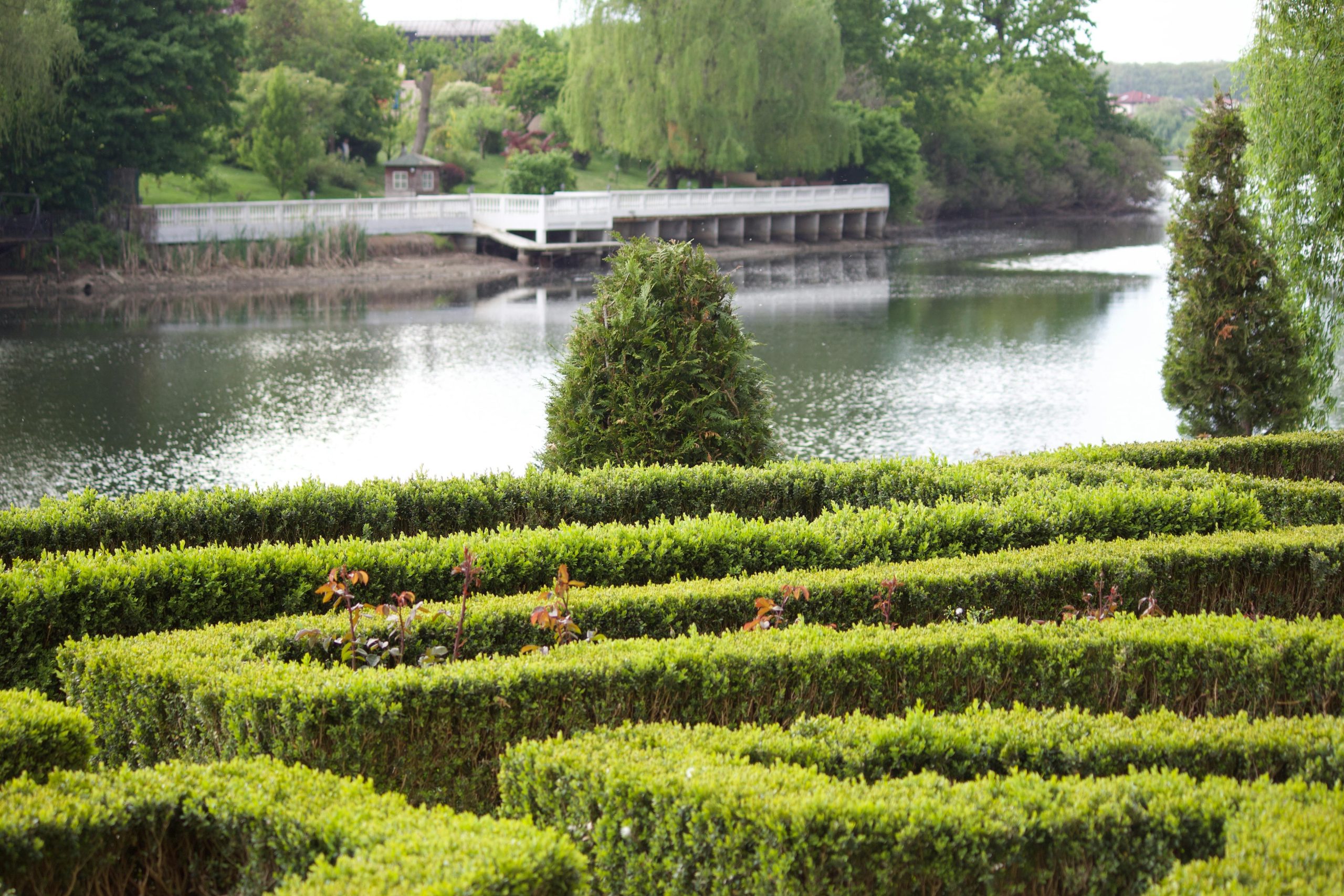Gardening is a rewarding hobby, but keeping your plants healthy and thriving requires the right nutrients. While chemical fertilizers are widely available, they can be harsh on the environment and your plants in the long run. The good news? You can create effective, natural fertilizers at home using everyday kitchen scraps and garden waste. Not only are these DIY fertilizers eco-friendly, but they’re also cost-effective and packed with essential nutrients. Here’s how to make natural fertilizers to give your garden a growth boost.
Why Choose Natural Fertilizers?
Natural fertilizers improve soil health by adding organic matter, which enhances water retention and promotes beneficial microbial activity. Unlike synthetic fertilizers, they release nutrients slowly, reducing the risk of over-fertilization. Plus, they’re safe for kids, pets, and wildlife. Here are some key benefits:
- Eco-friendly: Reduces chemical runoff and soil pollution.
- Cost-effective: Made from kitchen scraps and yard waste.
- Nutrient-rich: Provides a balanced mix of nitrogen, phosphorus, and potassium.
- Sustainable: Encourages recycling and reduces waste.
1. Compost: The Ultimate All-Purpose Fertilizer
Compost is a gardener’s best friend. It enriches soil with organic matter and essential nutrients. To make compost:
- Collect organic waste: Use vegetable peels, fruit scraps, coffee grounds, eggshells, and yard trimmings.
- Layer materials: Alternate between green (nitrogen-rich) and brown (carbon-rich) materials in a compost bin or pile.
- Maintain moisture: Keep the pile damp but not soggy.
- Turn regularly: Aerate the pile every few weeks to speed up decomposition.
In 2-6 months, you’ll have dark, crumbly compost ready to mix into your garden soil.
Quick Compost Tea
For a faster nutrient boost, steep a shovel of compost in a bucket of water for 24-48 hours. Strain and use the liquid to water plants.
2. Banana Peel Fertilizer for Potassium
Banana peels are rich in potassium, which supports flowering and fruiting. Here’s how to use them:
- Banana peel tea: Soak chopped peels in water for 2-3 days. Strain and use the liquid to water plants.
- Dried peels: Dry peels in the sun or oven, grind into a powder, and sprinkle around plants.
- Buried peels: Bury chopped peels near the roots of plants for slow-release nutrients.
3. Eggshell Fertilizer for Calcium
Eggshells are an excellent source of calcium, which prevents blossom end rot in tomatoes and peppers. To use them:
- Rinse and dry: Clean eggshells to remove residue and let them dry.
- Crush or grind: Crush them into small pieces or grind into a fine powder.
- Apply to soil: Sprinkle around the base of plants or mix into potting soil.
Eggshell Vinegar Solution
For a quick calcium boost, soak crushed eggshells in vinegar for a week. Dilute the solution (1 tbsp per gallon of water) and use it to water plants.
4. Coffee Grounds for Nitrogen
Used coffee grounds are rich in nitrogen, making them ideal for leafy greens and acid-loving plants like azaleas and blueberries.
- Direct application: Sprinkle cooled grounds around plants and lightly mix into the soil.
- Compost addition: Add grounds to your compost pile to boost nitrogen content.
- Liquid fertilizer: Steep grounds in water for a day or two, then strain and use the liquid to water plants.
Note: Use coffee grounds in moderation, as too much can make soil overly acidic.
5. Weed Tea Fertilizer
Weeds like nettle and comfrey are nutrient powerhouses. Turn them into a potent fertilizer tea:
- Harvest weeds: Collect young, green weeds before they seed.
- Soak in water: Fill a bucket with weeds and water, then cover and let steep for 2-4 weeks.
- Strain and dilute: Mix the strained liquid with water (1:10 ratio) before applying to plants.
This tea is high in nitrogen and minerals, perfect for leafy crops.
Conclusion
Natural fertilizers are a simple, sustainable way to nourish your garden without relying on synthetic chemicals. From compost to banana peels and coffee grounds, these DIY solutions provide essential nutrients while improving soil health. Experiment with different methods to find what works best for your plants, and enjoy the satisfaction of growing a lush, thriving garden naturally. Happy gardening!
